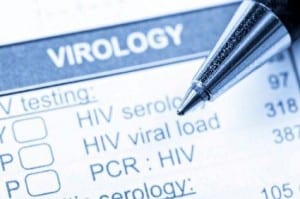Sexual Health: Intersections in politics and society
By ucyow3c, on 18 November 2014
![]() Written by Michael Espinoza, PhD candidate, UCL Institute of the Americas
Written by Michael Espinoza, PhD candidate, UCL Institute of the Americas
 “By then, it was too late to hate him [for being gay].” – a self-described ‘former gay-basher’ reveals how he unknowingly befriended a gay man.
“By then, it was too late to hate him [for being gay].” – a self-described ‘former gay-basher’ reveals how he unknowingly befriended a gay man.
This testimonial, part of a research project by Dr Richard Mole (UCL School of Slavonic Studies and Eastern European Studies), shows how a lack of human understanding can dictate how people relate to others whom they perceive as ‘different’. The difference in this instance involved sexuality and its relation to sexually transmitted infections (STIs).
The first presenter was Professor Jonathan Bell (UCL Institute of the Americas), whose paper was titled The Economic Closet: healthcare, sexuality, and the politics of respectability during the AIDS crisis.
Professor Bell discussed how healthcare politics in the 1980s saw gay rights leaders face two difficulties – one was the struggle against private health insurance companies and the other was the attempt to “adapt the socially-regressive and gendered New Deal safety net to their needs”.
Not only did they have to accept that HIV positive gay men “had to be classified as disabled and unable to work to be entitled to welfare”, they also had to fight against profit-driven private health insurance companies who sought to portray HIV positive gay men as unproductive citizens who have “sexually promiscuous lifestyles” in order to deny their claims.
 Close
Close


